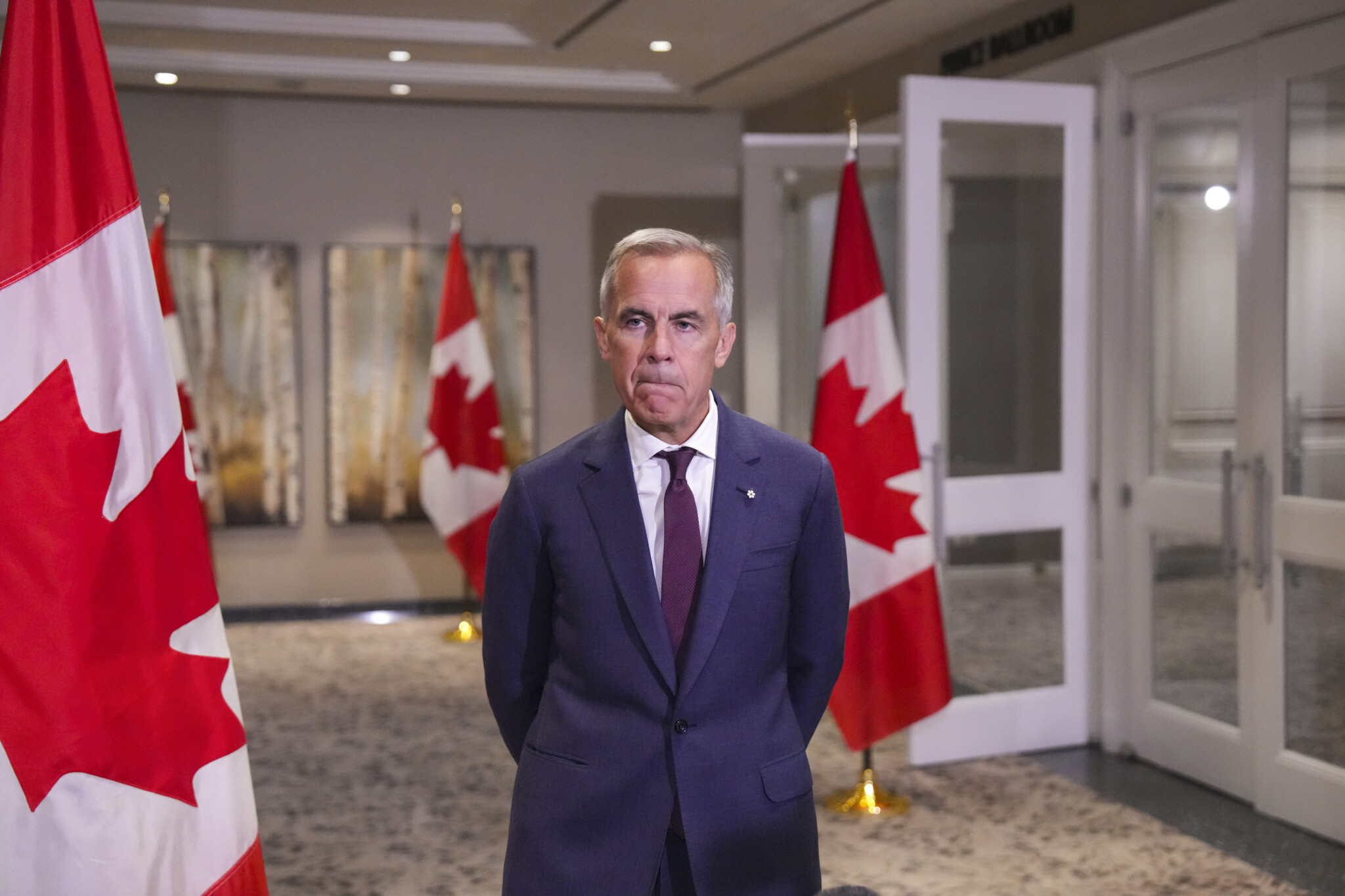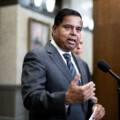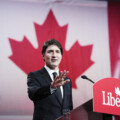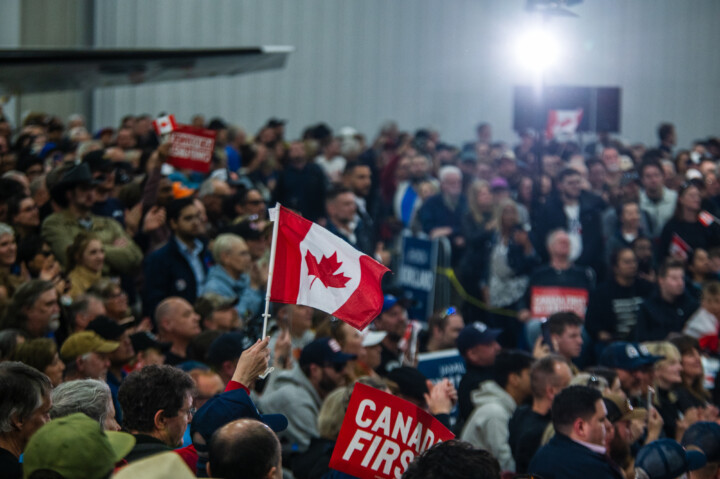In The Weekly Wrap, Sean Speer, our editor-at-large, analyses for Hub subscribers the big stories shaping politics, policy, and the economy in the week that was.
Is Carney a pragmatist or a progressive?
Prime Minister Mark Carney deserves credit. In the span of a week, he has taken steps that would have been unimaginable under Justin Trudeau: he spoke openly about the need for “austerity” in his forthcoming budget, he invited one of Washington’s most Trump-aligned conservatives to brief his cabinet, and he delayed the Trudeau government’s unrealistic electric vehicle mandate.
Start with the first. Carney’s warning about Trudeau-era overspending and the need for austerity was striking not only because it was true, but because politicians usually avoid the word altogether. Even Conservatives tend to duck that language for fear of being branded heartless. Carney said plainly that Canada can’t keep growing public spending forever without consequences. It was a refreshing acknowledgement of the risks of compound interest.
Then came his invitation to Kevin Roberts, president of the Heritage Foundation, one of Donald Trump’s closest ideological champions. Roberts ultimately didn’t come, but the mere invitation was telling and so was the reaction from Carney’s left flank, including some former Trudeau advisors.
On the one hand, it underscores the difficulty of holding together a coalition of pragmatists and progressives. On the other hand, it demonstrates how dogmatic the Trudeau wing of the party remains: that they would criticize even the idea of the prime minister and his cabinet hearing from someone with proximity to the U.S. administration with whom Canada is negotiating a trade agreement that covers 75 percent of our exports. It’s an odd kind of progressivism that insists the prime minister should shield himself from perspectives central to our largest trading relationship.
Finally, there’s his decision to delay the electric vehicle mandate, which had been set for 2035. It’s been self-evident for years that the target was unrealistic. The Trudeau government nevertheless clung to it while spending billions of dollars in subsidies to prop up EV production. Carney deserves credit for admitting what everyone else could see: the 2035 mandate was never going to happen.
Each of these instances highlights a clear difference between Carney and his predecessor. Trudeau was a left-wing ideologue who resisted adjustment, even in the face of evidence. Carney, at least so far, is prepared to recognize reality. That’s no small thing.









